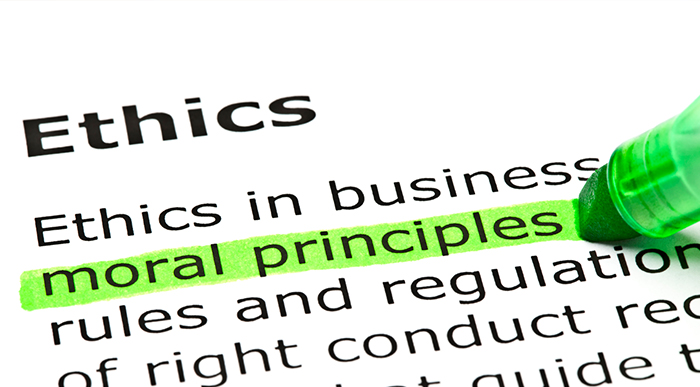Hello there, Traveller! While you recovered from your holiday buzz this week, Congress devised new ways to dismantle our democracy! With their creative juices flowing, Republican congressfolk announced a scheme to gut the Office of Congressional Ethics (OCE), the independent, non-partisan investigative body designed to root out corruption within the House Ethics Committee.
This bungled move, which made headlines Monday, hoped to both appeal to the populist insurgency spearheaded by Donald Trump and safeguard themselves. Instead, it just irritated everyone. Less than 24 hours later, the measure was reversed. Pundits are still unsure exactly why, but two theories emerged. Donald Trump weighed in on Twitter to say that he also distrusted the OCE but thought Congress’ priorities should be elsewhere (like insulting Schwarzenegger, maybe?) Or, it could have been the thousands of phone calls that flooded both Democrat and Republican lawmakers’ offices following news of the measure. Google remarked that it saw a surge in searches such as, “who is my representative” peaking on Tuesday morning.
Now that the dust has settled, it’s important to understand: What does the OCE and the House Ethics Committee actually do? First, some history.
The House Ethics Committee was founded in 1798, after a ridiculous fight during Congress involving Representative Lyon from Vermont and Roger Griswold, a federalist Governor from Connecticut. Griswold called Lyon a “scoundrel,” which, in the 1700s, was basically the F-word.
Lyon retaliated by spitting tobacco juice on Griswold.
This pissed everyone off, and Lyon had to formally apologize to the entire House.
Lyon claimed that he “didn’t know” that Congress was in session when he spat the tobacco juice.
Griswold (and most people) weren’t buying Lyon’s lyin’, so Griswold beat Lyon with a wooden cane.
Lyon retreated into a fire pit (that was apparently in Congress at the time), and began swinging back with fire tongs.
Nobody was OK with this. Criminal charges were filed against the two of them for “gross indecency” and the House Ethics Committee was formed. But, over the years the committee has evolved to dealing with way more complicated issues than tobacco juice-spitting, like campaign finance.
The House Ethics Committee has four major functions: 1) Its members agree on what is “ethical behavior” when it comes to rules regarding treatment of staff, travel, campaign activities, and conflicts of interest.
2) They conduct investigations if they believe a member has violated these ethics.
3) They make recommendations to the House on actions to take if ethics violations occur (expulsion, censorship, or nothing).
And lastly, 4) the Committee gives advice to members before they *might* do something unethical, to avoid uncertainty over ethical culpability.
So, what’s the Office of Congressional Ethics then, you ask? It’s an office within the House Ethics Committee designed to be an independent link between the people and lawmakers in monitoring ethics.
The OCE was created in 2008 under the guidance of Nancy Pelosi, after several members of Congress from both parties were involved in corruption scandals. The office primarily acts as a kind of grand jury, conducting initial investigations and presenting them to the larger House Ethics Committee.
This week, Republican lawmakers wanted not only to abolish the OCE’s ability to accept anonymous tips…
…but also to place total control of the OCE in the hands of the Ethics Committee.
This would allow majority lawmakers to protect and safeguard scandals against independent involvement. It was a real “Who watches the Watchmen?” moment.
Alas, the House GOP “took it all back” by mid-week, and dropped the issue entirely.
Crisis averted, for now. Although, Republican representative Steve King, from Iowa, says he intends to continue to push the matter in the New Year. My advice to Steve is to drop it. If you push it…











